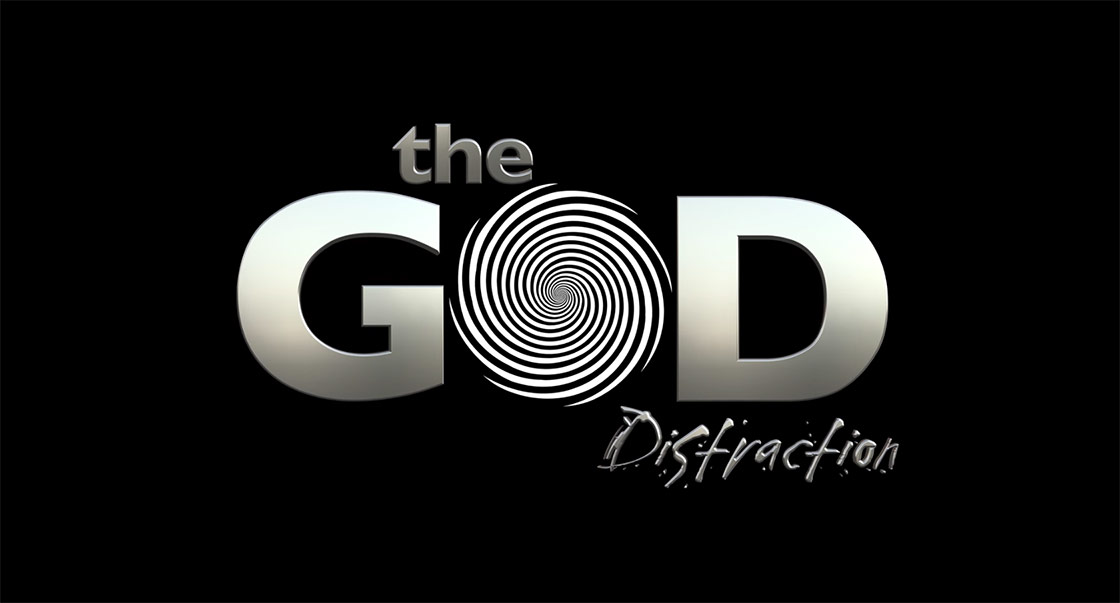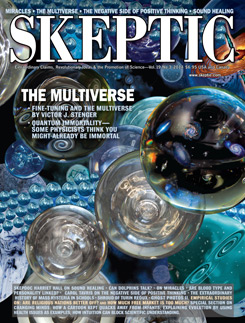In this week’s eSkeptic:
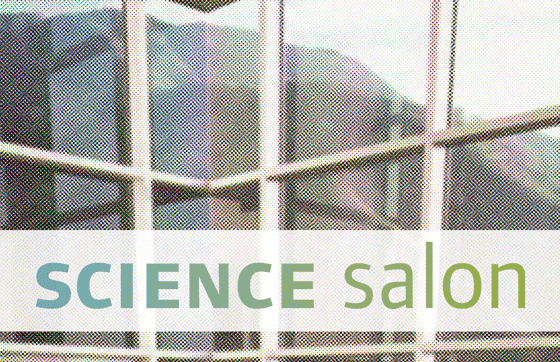
ANNOUNCING OUR NEW LECTURE SERIES
In the tradition of the Enlightenment salons that helped drive the Age of Reason and the public interest in science, the Skeptics Society is pleased to announce that once a month we will be hosting an intimate Science Salon featuring an “in conversation” between Dr. Michael Shermer and a prominent scientist, scholar, or intellectual (similar to the conversations we have hosted with Richard Dawkins, Bill Nye, and others). Dr. Shermer will discuss the guest’s latest science book or research project in a dialogue format, followed by an intimate conversation with the audience that allows more interaction with the guest than a formal Q&A.
Social
As traditional with European salons, there will be time after for socializing with drinks and hors d’oeuvres. Plus, you never know what other scientists and celebrities might just show up for these unique gatherings!

A concert at the Science Salon Venue
Venue
The salons will be held at a magnificent and architecturally award-winning home in Altadena with spectacular vistas of Southern California (a neighbor of Dr. Shermer) and balconies that allow for stimulating conversations with the guest and fellow skeptics while taking in the views. You will be given the address when you purchase your tickets.
Live Streaming
In addition to the intimate setting, every salon will be live streamed out to the world for all to see, and then archived on Skeptic.com for future viewing. So, if you can’t make it to the lecture in person, you can still watch the live video broadcast for free, online.
Schedule
- 2–2:45 In Conversation
- 2:45–3:30 Dialogue with audience
- 3:30–4:00: Book signing
- 4:00–6:00: hors d’oeurves and wine and socializing
Tickets
$50 per individual (includes lecture, autographed copy of the guest’s book, hors d’oeuvres and wine). Call the Skeptics Society office at 1-626-794-3119 to reserve.
UPCOMING SCIENCE SALONS
Dark Matter and the Dinosaurs: The Astounding Interconnectedness of the Universe

Lisa Randall (photo by Phil Knott)
The renowned harvard cosmologist and theoretical physicist explores a scenario in which a disk of dark matter—the elusive stuff in the universe that interacts through gravity like ordinary matter, but that doesn’t emit or absorb light—dislodged a comet from the Oort cloud that was ultimately responsible for the dinosaurs’ extinction. Randall teaches us an enormous amount about dark matter, our Universe, our galaxy, asteroids, and comets—and the process by which scientists explore new concepts. Order Dark Matter and the Dinosaurs from Amazon.
The Quotable Feynman (& His Van)
Nobel prize-winning physicist Richard P. Feynman (1918–88) was a towering scientific genius who could make himself understood by anyone and who became as famous for the wit and wisdom of his popular lectures and writings as for his fundamental contributions to science. The Quotable Feynman is a treasure-trove of this revered and beloved scientist’s most profound, provocative, humorous, and memorable quotations on a wide range of subjects edited by his daughter, Michelle Feynman, who will discuss her father’s life and legacy. In addition, physicist Seamus Blackey will bring Feynman’s van, newly restored and recently featured on The Big Bang Theory, so you can get your photograph taken with the famous vehicle featuring Feynman diagrams. Order The Quotable Feynman from Amazon.
Our special guest at this salon will be: Dr. Leonard Mlodinow, physicist and author of Feynman’s Rainbow: A Search for Beauty in Physics and in Life and The Upright Thinkers: The Human Journey from Living in Trees to Understanding the Cosmos.

Feynman’s van. See it up close at the event on December 20, 2015.
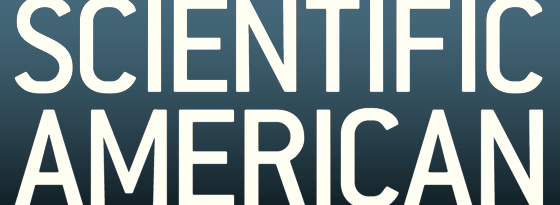
NEW SCIENTIFIC AMERICAN COLUMN ON MICHAELSHERMER.COM
Perception Deception: Do We Perceive Reality as It Is?
One of the deepest problems in epistemology is how we know the nature of reality. Over the millennia philosophers have offered many theories, from solipsism (only one’s mind is known to exist) to the theory that natural selection shaped our senses to give us an accurate, or veridical, model of the world. Now a new theory by University of California, Irvine, cognitive scientist Donald Hoffman is garnering attention. (Google his scholarly papers and TED talk with more than 1.4 million views.) Grounded in evolutionary psychology, it is called the Interface Theory of Perception (ITP) and argues that percepts act as a species-specific user interface that directs behavior toward survival and reproduction, not truth.
Hoffman’s computer analogy is that physical space is like the desktop and that objects in it are like desktop icons, which are produced by the graphical user interface (GUI). Our senses, he says, form a biological user interface—a gooey GUI—between our brain and the outside world, transducing physical stimuli such as photons of light into neural impulses processed by the visual cortex as things in the environment. GUIs are useful because you don’t need to know what is inside computers and brains. You just need to know how to interact with the interface well enough to accomplish your task. Adaptive function, not veridical perception, is what is important…
FOLLOW MICHAEL SHERMER ON
Twitter • Facebook • Insight • The Moral Arc Blog
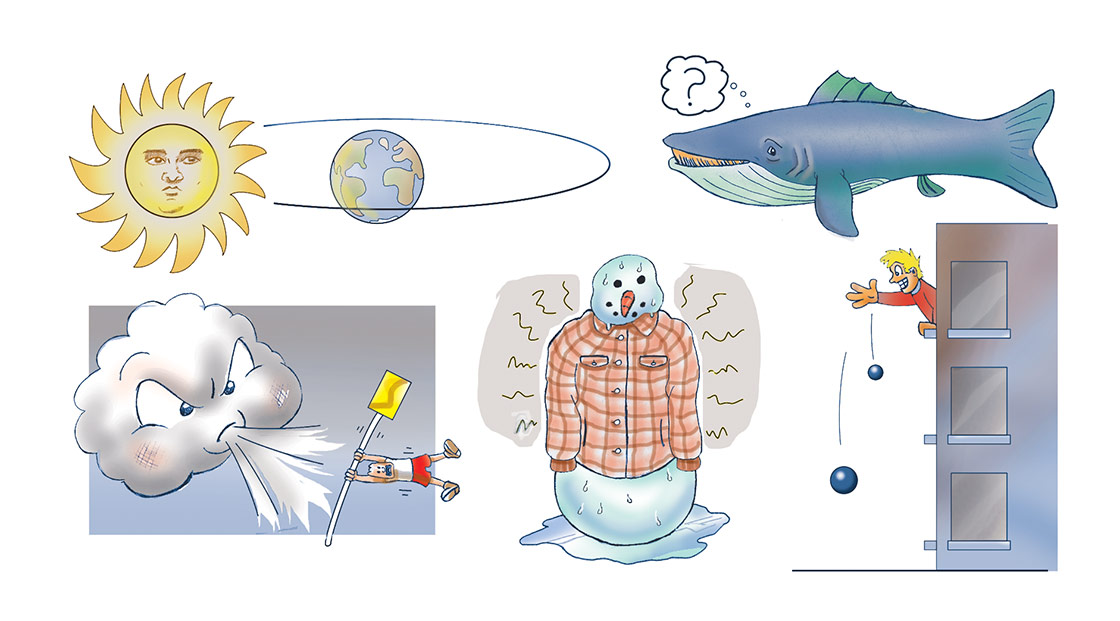
How is it that naïve intuitions can survive the acquisition of contradictory scientific knowledge? In this week’s eSkeptic, Andrew Shtulman discusses the psychological concepts of knowledge enrichment and conceptual change, inquiring into why it is so difficult for scientific knowledge to take root, and whether scientific knowledge can overwrite deep-seated forms of intuition. This article was published in Skeptic magazine 19.3 (2014) in a Special Section on Changing Minds.
Science v. Intuition: Why is it Difficult for Scientific Knowledge to Take Root?
by Andrew Shtulman
Scientific discoveries come in two forms: those that can be understood in terms of a preexisting paradigm and those that require the adoption of a new paradigm altogether. Consider the difference between the discovery of Neptune and the discovery of heliocentrism. Neptune was predicted to exist many decades before it was discovered, on account of the fact that its mass caused known, but unexplained, perturbations in the orbit of Uranus. Nineteenth century astronomers thus sought observational confirmation of an eighth planet with the same basic properties as those of the seven planets already known to exist. When Neptune was observed in 1846, its existence was readily assimilated into astronomers’ preexisting model of the solar system. That model itself, however, was hard won.
Prior to the acceptance of heliocentrism, astronomers typically subscribed to geocentric models of planetary motion that differed from heliocentric models not only in what they identified as the center of the universe but also in what they considered planets to be (balls of other-worldly ether), what they considered stars to be (fixed points of light on a rotating sphere), and how they explained planetary motion (as caused by the planets themselves). Accepting the sun as the center of planetary motion thus required revision of the most basic astronomical assumptions of the time.
Like scientific discovery, the process of learning science also comes in two forms: learning that can be accomplished in terms of preexisting concepts, termed by psychologists as knowledge enrichment, and learning that requires the adoption of new concepts altogether, termed conceptual change. Both forms of learning occur in every domain, but knowledge enrichment is far more common and far easier than conceptual change. In astronomy, learning the names and locations of the planets would constitute knowledge enrichment, whereas learning why planets revolve around stars or how planetary motion causes such phenomena as tides or seasons would constitute conceptual change. In physics, learning the value of physical constants like the speed of light or the rate of acceleration due to gravity would constitute knowledge enrichment, whereas learning why all objects fall with the same acceleration or how acceleration is related to force and velocity would constitute conceptual change. In biology, learning the traits of unfamiliar organisms would constitute knowledge enrichment, whereas learning how organisms are related by common ancestry or how traits arise by natural selection would constitute conceptual change…




